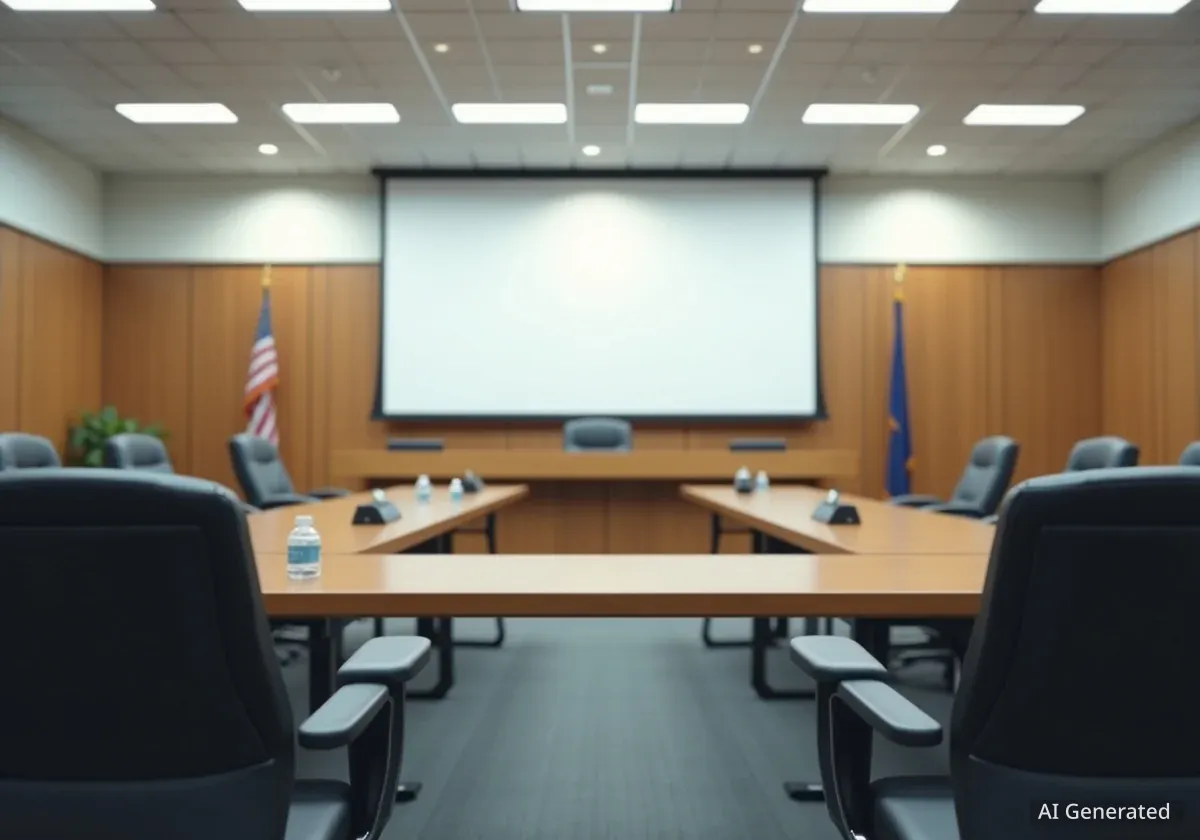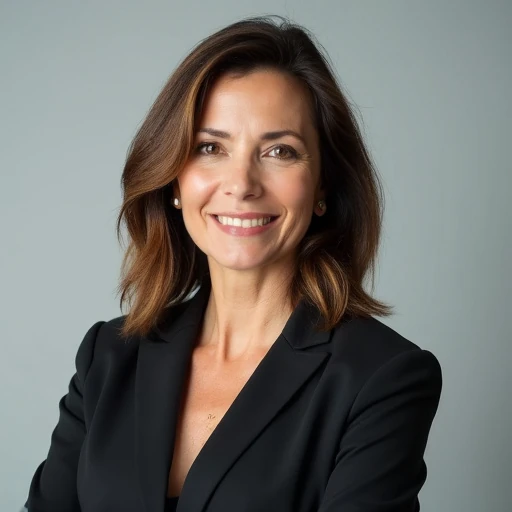A Clark County School District (CCSD) board meeting extended for more than four hours on Thursday, dominated by intense public debate over the social media comments made by some teachers following the assassination of conservative activist Charlie Kirk. Community members were sharply divided, with some demanding the teachers' termination and others defending their First Amendment rights.
Key Takeaways
- A Clark County School District board meeting lasted over four hours, focusing on teacher conduct and free speech.
- Public comment was split between calls to fire teachers for social media posts about Charlie Kirk's death and arguments to protect their constitutional rights.
- The school district stated it can discipline employees for speech that disrupts school operations.
- The board took no action regarding the teachers but approved a separate, contested agreement with a Christian health organization to provide student services.
Intense Debate Centers on Teacher Speech
The lengthy Clark County School District board meeting on Thursday became a focal point for a community grappling with the limits of free speech for public employees. The central issue was the response to social media comments from several district teachers after the death of political commentator Charlie Kirk.
The contentious nature of the topic was evident from the start. Board President Irene Bustamante Adams began the session by acknowledging the charged atmosphere. She pointed out that some board members were wearing attire expressing personal views, specifically referencing a trustee in a shirt featuring Kirk's image and a bible verse.
"There are certain trustees that are wearing certain items that reflect their personal views, it does not reflect the official position of the Board of Trustees," Bustamante Adams stated.
This statement set the stage for hours of public testimony that revealed a deep divide among parents, residents, and advocates on the issue of teacher conduct versus constitutional rights.
Community Divided Over First Amendment Rights
When the public comment period opened, speakers presented passionate arguments from opposing viewpoints. One group of attendees called for the immediate dismissal of the teachers involved, framing their online posts as a matter of professional ethics and safety.
"We don’t want them around our children!" one parent declared during the meeting. Another speaker argued that the situation was not about protected speech but about unacceptable behavior.
"This is not a free speech issue, it is a conduct issue when teachers applaud and cheer the murder of an innocent man," another community member said.
Calls for Constitutional Protection
Conversely, another set of speakers urged the board to uphold the First Amendment rights of the educators. They warned against broad punishments and emphasized the importance of constitutional principles.
"I am hoping that this board will do the right thing. Be great Americans and stand for our Constitution and First Amendment rights," one speaker requested. Another cautioned against a uniform response, stating, "We can’t just judge all these teachers who made comments online with one wide brush, you have to look at each individual one."
District Policy on Employee Speech
In the days following Kirk's death, the Clark County School District issued a statement clarifying its position. According to the district, any employee whose speech, whether on or off duty, causes a disruption to the educational environment may face disciplinary action. The district affirmed its authority to limit speech when it is found to interfere with school operations.
Board Approves Controversial Health Partnership
Before the public comment session on teacher speech, the board addressed a separate but also contentious item: a partnership with a faith-based organization. Trustees debated whether to approve an agreement with Hope Christian Health Center to provide health services to students at no cost.
The proposed services included sports physicals and immunizations. Deputy Superintendent Dr. Jesse Welsh assured the board that the services would be secular in nature.
"Any services that they provide would be done in a way that is non-sectarian. They would not be proselytizing to our students or families that might be receiving services with them," Welsh explained.
Concerns Over Church and State Separation
Despite these assurances, some board members expressed reservations. Trustee Linda Cavazos questioned the potential entanglement of religion and public education, particularly regarding immunization policies.
"I had a question from a constituent asking about immunization. People with religious exemption, they can opt of having an immunization. Would we need any additional form on that, having to do with that?" Cavazos asked, highlighting concerns about the separation of church and state.
Partnership Approved Despite Division
The board was visibly divided on the issue. However, after discussion, the agreement with Hope Christian Health Center was ultimately approved, allowing the organization to begin offering services in CCSD schools.
No Action Taken on Teacher Discipline
After listening to dozens of speakers from both sides of the free speech debate, the Board of Trustees concluded the public comment portion of the meeting. No official action was taken regarding the teachers who had been reassigned pending an investigation into their online comments.
The meeting adjourned without a resolution on the central issue, leaving the community to await the outcome of the district's internal review. The debate highlighted the ongoing challenge for public institutions in balancing the constitutional rights of their employees with the professional standards expected of educators.





